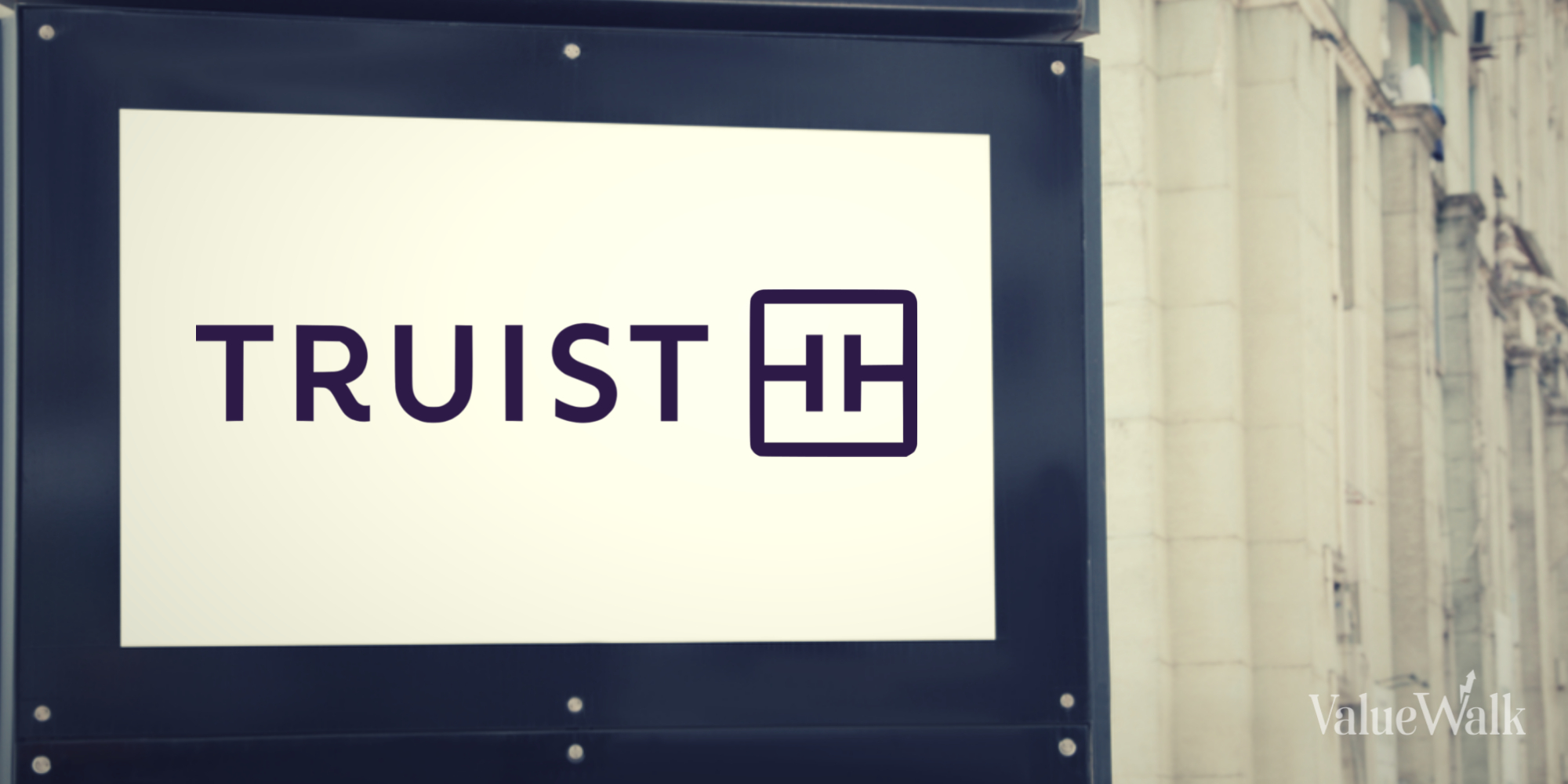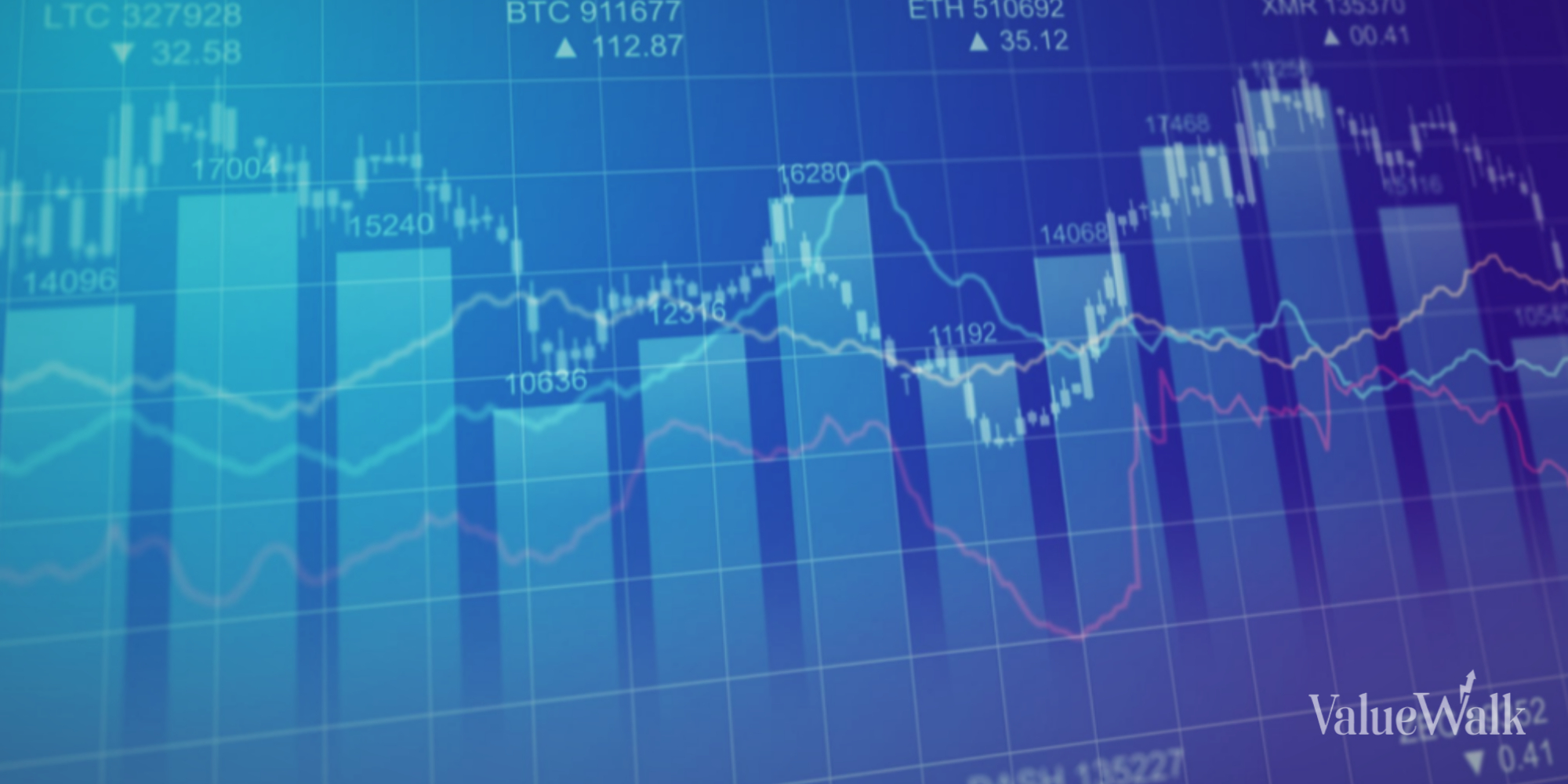Henry Ellenbogen
Manager of the T. Rowe Price New Horizons fund.
- Equifax (EFX) $125 ($120 when published). (Worth $160-$172)
- Turnaround situation. Faced tremendous negative headlines after cybersecurity breach
- Believes you never know how good a company is until its business model is tested under the greatest duress.
- The credit files are one of the reasons that credit flows so freely.
- And that is why Equifax, despite its missteps, has proved how strong its business is.
- Despite the crisis and uproar, the net long-term impact on Equifax was quite marginal. Estimates are three to four million locked their credit report. That’s a very negligible number when 145 million files were exposed to hackers.
- Banks partners who contribute data are upset with Equifax but can’t stop contributing data because they are critical to how banks operate. The economic moat is tested.
- Core U.S. credit business contributes 35% of sales and ~50% EBITDA. SOTP basis you are getting that business at a 50% discount because of the noise around the company.
- Can Equifax be broken up? International business generate $330m of EBITDA. Worth 13x to 15x. Multiple potential buyers.
- Workforce solution business is Equifax’s best business. Income and employment data on all Americans. Even new platform like Uber, Airbnb, and Lyft will pull data to credentialize you. Unique data set. No competition. This is why the business has close to 50% EBITDA margins. Worth 15 to 18x EBITDA, $7 to $9 billion.
- $1 billion potential liablity for credit-file break, or $7 per file.
- $8 EPS in 2020, 20 to 22 multiple, $160 to $172 a share vs $125 today.
Vail Resorts (MTN) $232 ($207 when published).
- Ski-resort operator. Owns numerous resort. Vail, Park City, Whistler, Stowe, and more.
- Vail created a subscription business and a network of mountain, combined with a world-class database-marketing business to transform an industry that had been in and out of private-equity hands.
- It was very cyclical with a lot of seasonality around the weather.
- Rob Katz bought the business in 2006 and undertook the transformation
- Subscription is $800 for a season pass. Break-even is four days.
- Sold 740,000 season passes before Thanksgiving ended, locking in over $500 million.
- Subscription business transfer the weather risk from the company to the individual exchange for a very good deal. It doesn’t matter if there’s no snow.
- Stock down 13% because how bad the snow has been this winter.
- This is a fixed-cost business. Katz has been able to invest in better, higher ski lifts.
- Vail is the only national network. Everyone else sells their passes locally or regionally.
- Best-in-class database marketing organization. As sophisticated as Amazon and Priceline.
- As you are gaining share, you can fold new assets into your network, and your network becomes more valuable.
- It grow faster than the industry because it can market nationally and offer better value.
- $640 to $660m in EBITDA, $10.50 FCF and $12.50 in 2019.
- 1.2x debt to EBITDA with significant free cash flow.
- Hard to replicate. You need to build a network, and you to data capture. This is a multi-year process.
Bright Horizons Family Solutions (BFAM), $97.60 ($95.75 when published). Worth $110 to $120 a share.
- Premium provider of preschool education in the U.S. 1,037 full-service child-care centers. Market leader in U.S. and U.K. World-class service culture. Employee retention is 3x anyone else’s in this industry. 97% customer retention.
- Average tuition is around $18,000. The new tax bill helps because the child-care credit was doubled.
- Investing a lot in technology. They are using their scale (10x bigger in the back-up care business than anyone else) to invest in systems that will give instant availability. Think Uber experience vs analog taxicab.
- Introduce a service called My Bright Day, which gives you a daily account of what’s going on with your child. Cost already layered to do this.
- On the cusp on seeing revenue grow in two ways 1) utilization go up 2) companies will want to sign up because it is more on target with what millennial employees need. (Millenials don’t want to inteact with their backup-care provider on the phone).
- From 12-15% growth to 20%.
- 2019 EPS of $4.04. Should maintain 28x multiple. On a FCF basis you get $110 to $120 a share.
ServiceMaster Global Holdings (SERV) $52.75 ($52.40 when published). Worth low $60s to high $60s per share.
- Pest control industry. The Company operates through three segments: Terminix, American Home Shield and the Franchise Services Group.
- Going to see a spinoff in the back half of the year. American Home Shield will be spun out. Terminix will be the remaining company.
- Industry is going at 5% to 6% annually, half in price, half in units.
- Terminix is growing at 0% to 2% because of the mistake that were done under prior management.
- Company started to head in the right direction in 2017. Announced a split in two company. American Home Shield and the Terminix and Franchise Services Group.
- $8.2 billion pest industry with two players that each have 20% share. They will grow faster than the industry because they are going to invest in technology.
- Believes ServiceMaster can trade at 14x EBITDA and 20x earnings.
- American Home Shield is worth 12x-13x EBITDA. That would make AHS worth $3.6 to $4.2 billion.
- Company is worth low $60s to high $60s per share.
Shopify Inc (SHOP) $119 ($110 when published). Worth $150 to $180 a share.
- U.S. e-commerce is a $500 billion business that is growing at 15% to 16%. Amazon is $200 billion of it and gaining share.
- Midplayers are losing share but growing at 4%. The small-to-medium-size businesses, those that sell for less than $10 million and are very nimble. They use Shopify for the back-end platform. 40% market share going to 80%.
- Shopify has 10% of U.S. e-commerce or 10%. Platform growing at about 70% a year.
- It’s the best and least expensive technology. A lot of competitors have moved up to the mid-market because they simply cannot compete with Shopify.
- Shopify essentially becoming the front-end system of record. Companies basically run their business off Shopify then use it for other services. They attach payments. They attach capital.
- $27 billion of gross merchande value, going to $80 billion over the next three years.
- $943 million in revenue in 2018, $1.25 billion in 2019, and $2.4 billion in 2020. 45% to 50% margin. $1.4 billion in gross profits in 2020.
- It will trade between 13 to 18 times gross profit, or $150 to $180 a share.
Grubhub (GRUB) $71.80 ($72.97 at publication).
- Delivery is going to generate 100% of all the restaurant industry growth in 2018.
- Basically, only two platforms are powering delivery—UberEATS and Grubhub. These are business models where scale matters.
- Increasingly, chains like McDonald’s, which has a successful relationship with UberEATS, want to be in places that can give them national coverage and also bring in customers.
- You are basically buying one of the two platforms in an industry where we believe that delivery is going to grow 25% to 30% for the sustainable future, and this company has become one of the consolidators.
- The stock is trading at 28 times next year’s earning, in an industry that has sustainable 25% to 30% EPS growth, and it is a profitable business. It currently makes about a $1.50 of Ebitda per order, and the number of orders is going to continue to go up.
Article by Brian Langis






